East vs. West: A struggle between the past and the future
By John Wight
At the start of the third decade of the 21st century - three decades after the fall of the Berlin Wall - relations between East and West have never been in a more parlous state. In recent weeks, there has been the alarming deployment of thousands of Russian troops on the country’s border with Ukraine, while a small flotilla of Russian navy ships were shadowed by ships of the Royal Navy as they make their way through the English Channel, close to British waters.
Further still, NATO military exercises are now a regular feature close to Russia’s western border in Eastern Europe. We’ve had, in addition to this, the regular interception of Russian fighter jets and bombers by Western air forces and vice versa - each probing the others air defenses and responses - and ever more stringent sanctions imposed on Russia and countless other countries whose only crime, propaganda notwithstanding, is their refusal to bow.
The Cold War did not end, it merely shifted gear with the demise of the Soviet Union and Russia under Putin’s refusal to genuflect at the altar of US hegemony thereafter. The same applies to China, a country that already outstrips the US in the size and tonnage of its navy and whose economic footprint matches Washington’s military footprint around the world. The difference is that where China invests, the US sanctions, and where China delivers aid and development, the US delivers bombs and missiles.
Hegemony and unipolarity is the past, peaceful and equal co-existence and multipolarity is the future, with the present bearing witness to a struggle between both. With this in mind, it is only to the extent that Western ideologues in Washington and other Western capitals remain in denial that a multipolar world has been born, and continue like latter day King Canutes in trying to stop the tide, that the geopolitical and military turbulence currently afflicting the world will continue to obtain with potential disastrous consequences going forward.
The unintended consequence of US and EU sanctions on Russia has been growing economic, geopolitical and military cooperation between Moscow and Beijing – this to an extent that has US strategists worried. This is reflected in the report on those deepening ties that was produced by the Seattle-based think tank, the National Bureau of Asian Research (NBR), in 2018
Titled ‘China-Russia Relations: Strategic Implications and US Policy Options,’ the report recognized that “the momentum [of broadening China-Russia relations] is based on (1) common objectives and values, (2) perceived Russian and Chinese vulnerabilities in the face of US and Western pressures, and (3) perceived opportunities for the two powers to expand their influence at the expense of US and allied countries that are seen as in decline. The current outlook is bleak, offering no easy fixes for the US.”
It is not only on the level of strategic and military cooperation that China-Russia ties have deepened in recent years either. As Professor Richard Sakwa reveals in his book, Russia Against the Rest, “In May 2015, the two countries pledged to increase the volume of bilateral trade up to $200 billion by 2020.”
The seeds of the dangerous rise in tensions between Russia and West today were planted by the catastrophic response of the West to the demise of its Soviet Cold War adversary. Instead of regarding and treating the end of the Cold War as an opportunity to help Russia re-enter the global economy on equal terms after decades of enmity, Washington and the institutions of global capitalism it presides over proceeded to try and impose a Carthaginian peace. The end of history was triumphantly declared as the world now supposedly entered the sunlit plains of US exceptionalism, bringing with it the promise of global peace, prosperity, and stability.
As seen, over 30 years later and the reality has been markedly different.
History will record the misreading and misinterpretation of Russia in the post-Soviet world as a blunder of inordinate magnitude in Washington and other Western capitals. Making it worse is the fact that Washington and its allies were forewarned of the perils of such a misreading many years ago - in 2007, to be precise, by none other than Russian President Vladimir Putin.
In his address to the Munich Security Conference that year, Putin set out the dangers that were inherent in the embrace of unipolar world in which “there is one master, one sovereign,” pointing out that “at the end of the day this is pernicious not only for all those within this system, but also for the sovereign itself because it destroys itself from within.” He also made clear that in his view “the unipolar model is not only unacceptable but also impossible in today’s world.”
Here, again, is Professor Richard Sakwa: “On coming to power in 2000, Putin sought engagement and accommodation with the West through the policy of ‘new realism,’ and was perhaps the most pro-European leader Russia has ever had. Russia sought autonomy in its foreign policy, but this would not be based on anything approaching neo-Soviet notions of Russia as the core of an alternative geopolitical or ideological bloc.”
However, by 2007, “Russian policy entered a new phase, that of neo-revisionism. Its behavior became more assertive, in part derived from economic recovery bolstered by windfall energy rents, political stabilization, and a growing alienation not so much from the structures of hegemonic power but from its practices.” When it comes to ‘neo-revisionism’ in Moscow, meanwhile, this should be understood as “not the attempt to create new rules or dangle a vision of an alternative international order, but the attempt to ensure the universal application of existing norms.”
Russian Deputy Foreign Minister Sergei Ryabkov, meanwhile, put it thus: “America believes that it won the Cold War and Russia, which is the continuation of the Soviet Union, lost it. From this they deduce that Moscow must now obey and behave as a younger partner in international affairs, as well as its interactions with the US…This annuls the possibility of us having our [own] national interests…different from America’s or that of other Western countries.”
Russia and China’s refusal to genuflect at the altar of Western exceptionalism and hegemony, their refusal to accept the status of second tier powers whose legitimate security interests and concerns exist at the discretion of Washington, remains a burning source of indignation within the heart of the US political and national security establishment. It is symptomatic of a Cold War mindset, which holds that Moscow and Beijing are fated to forever occupy forever the role of deadly enemy or vanquished foe. In this regard, it calls to mind words said to have been spoken by the famed Roman statesman and orator, Cato the Elder, at the end of every speech he made in the Senate during the Early Roman Empire: “Cathargo delenda est” (Carthage must be destroyed).
The Empire is in decline. Managing this decline is the single most important challenge facing a world aching for not just the consignment of this brutal and destructive empire to the annals of history, but also the warped white supremacist ideology that underpins it.
John Wight is an author and political commentator, based in Scotland.
(The views expressed in this article do not necessarily reflect those of Press TV.)
Displaced Palestinians returning home in devastated northern Gaza
VIDEO | Press TV's news headlines
Israel to let displaced Palestinians return to north Gaza
Israel-Lebanon ceasefire extended till February 18
VIDEO | 'We will not leave our land to Israel'
Trump orders sanctions on Colombia after Petro blocks deportation flights
VIDEO | Israeli violation of ceasefires
Iran's IRGC Aerospace Force unveils ‘Gaza’ super-heavy drone


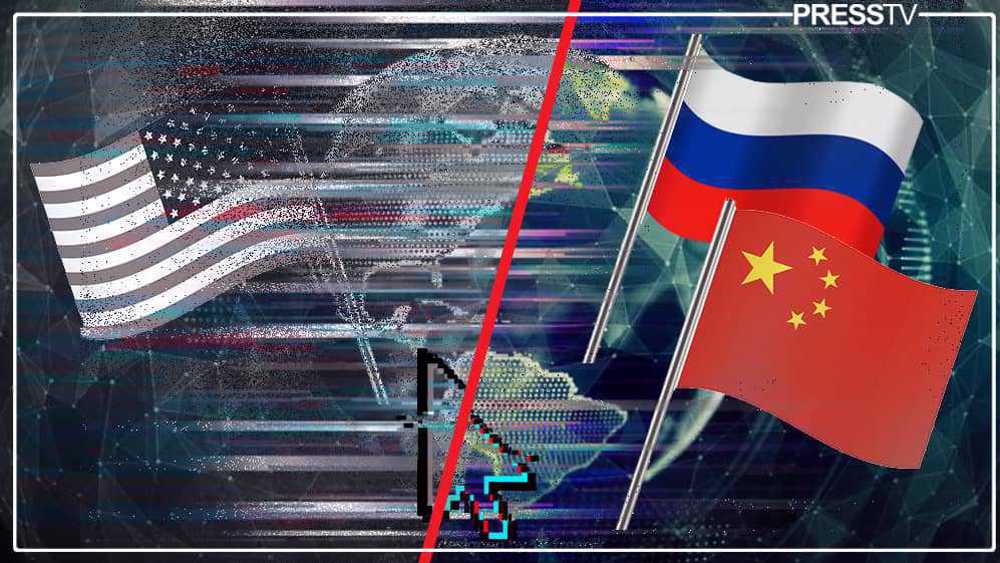
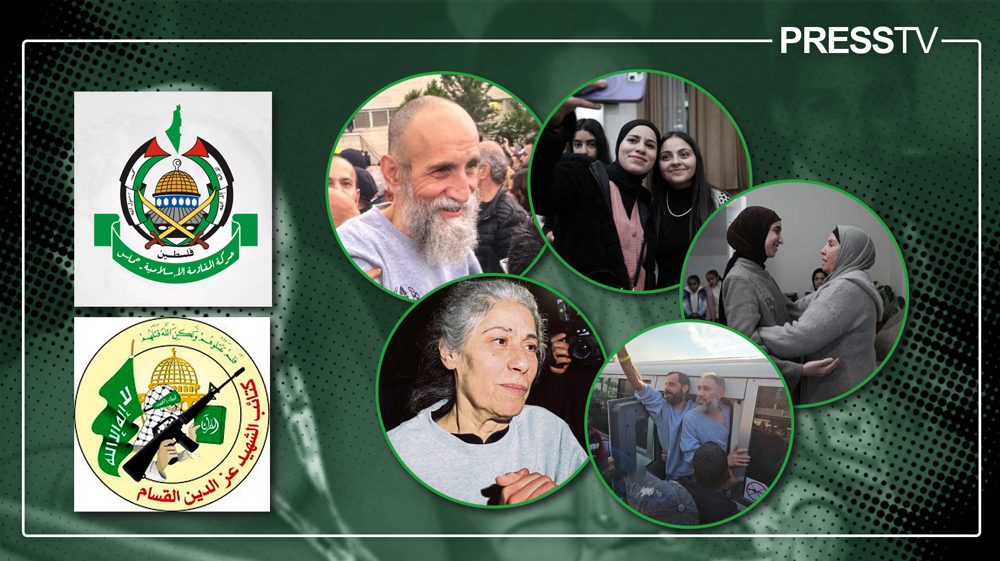
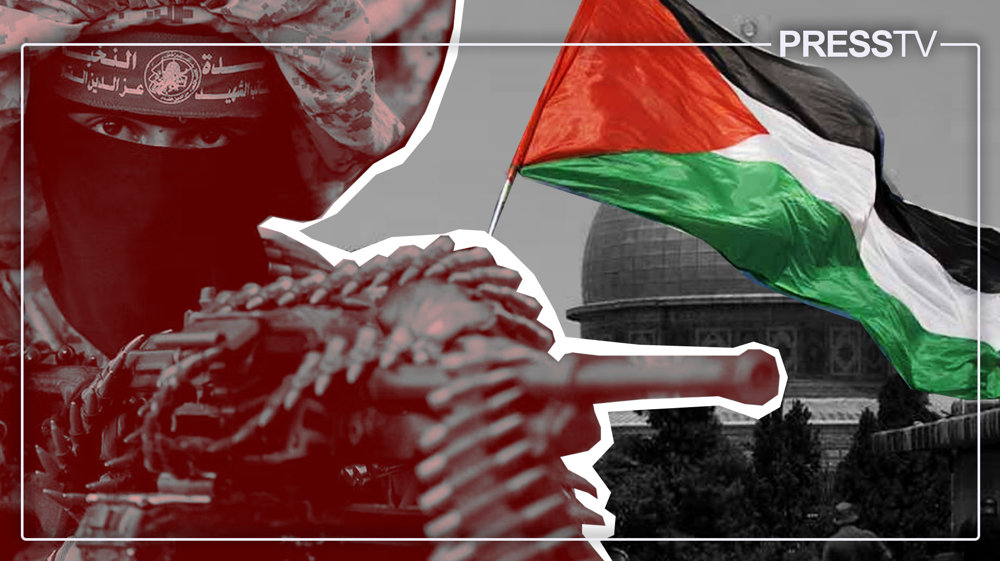
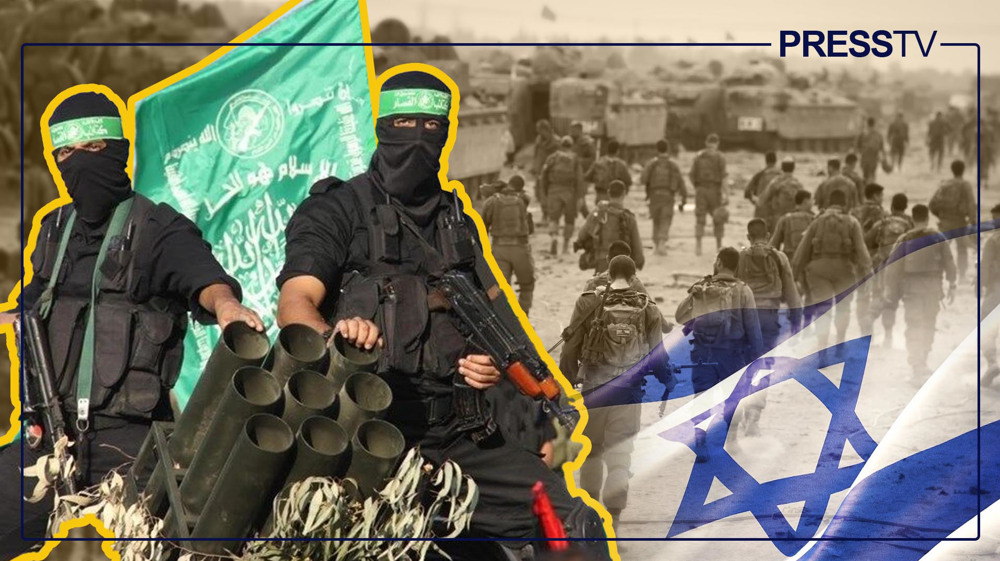



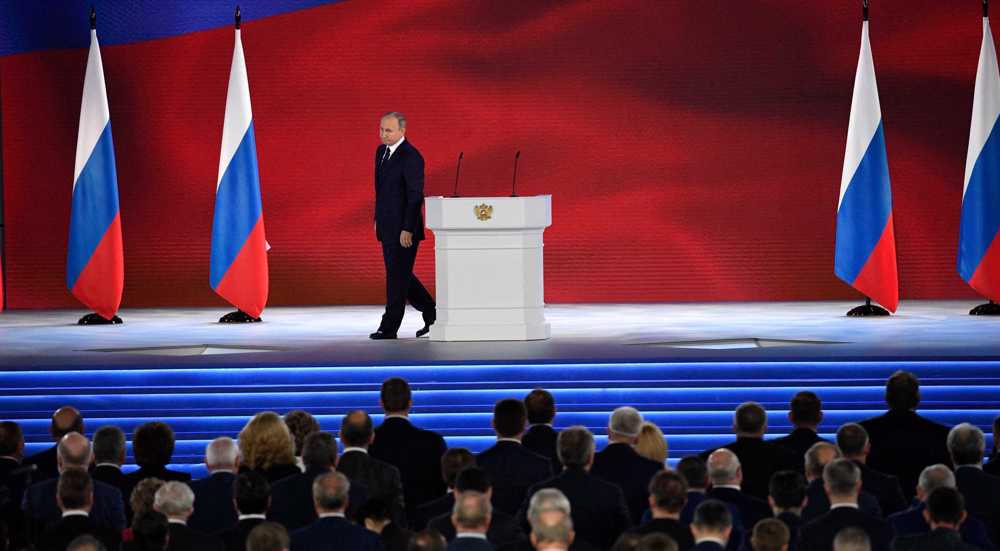
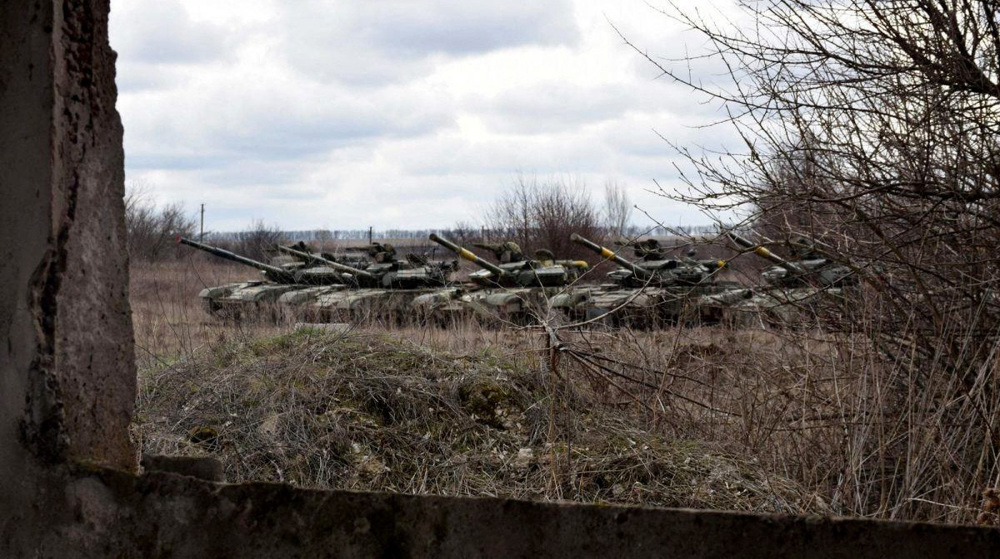
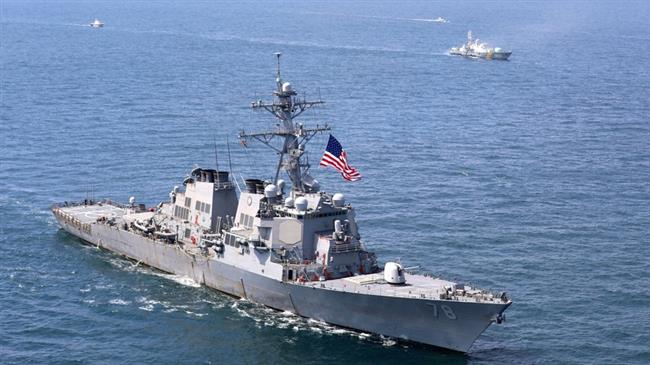
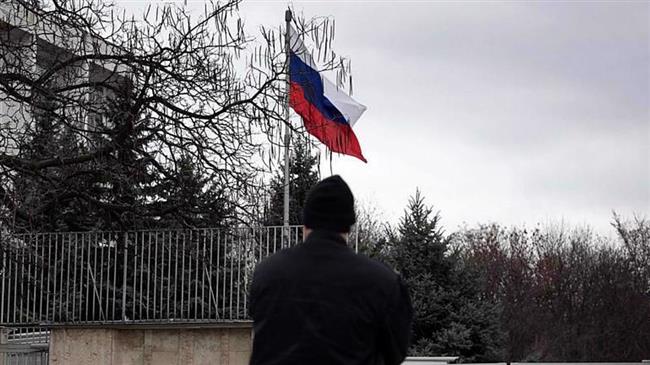


 This makes it easy to access the Press TV website
This makes it easy to access the Press TV website